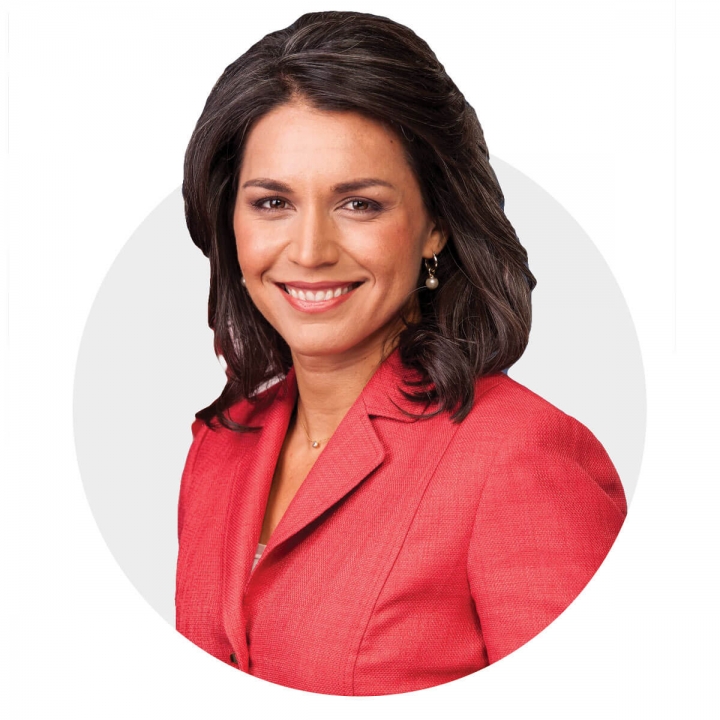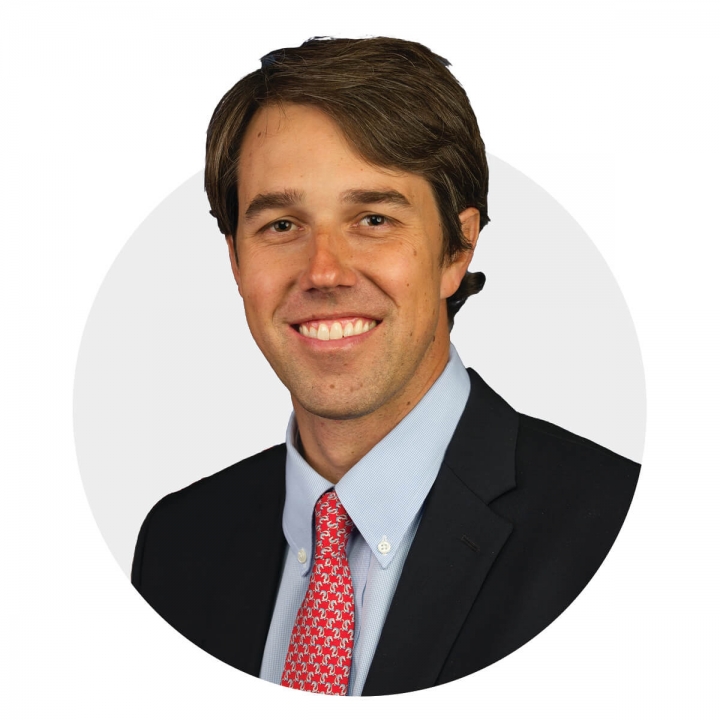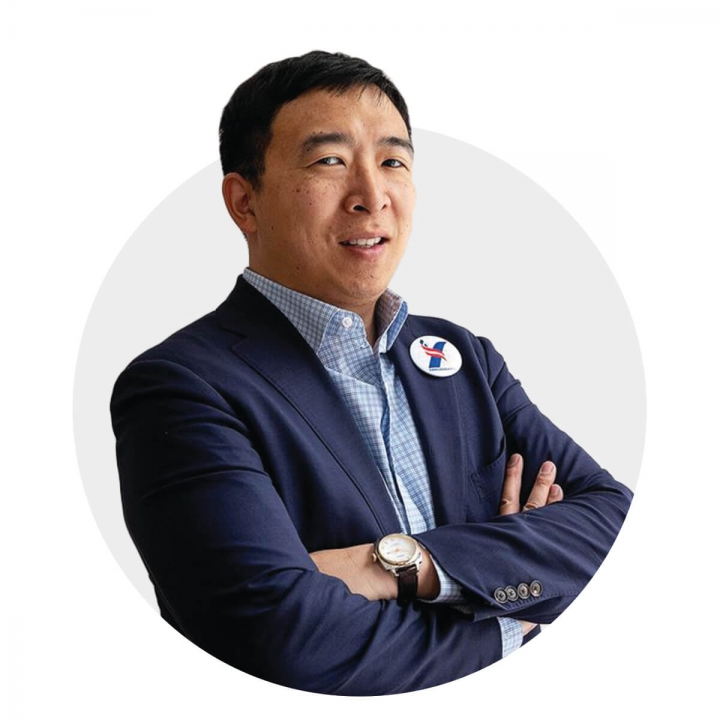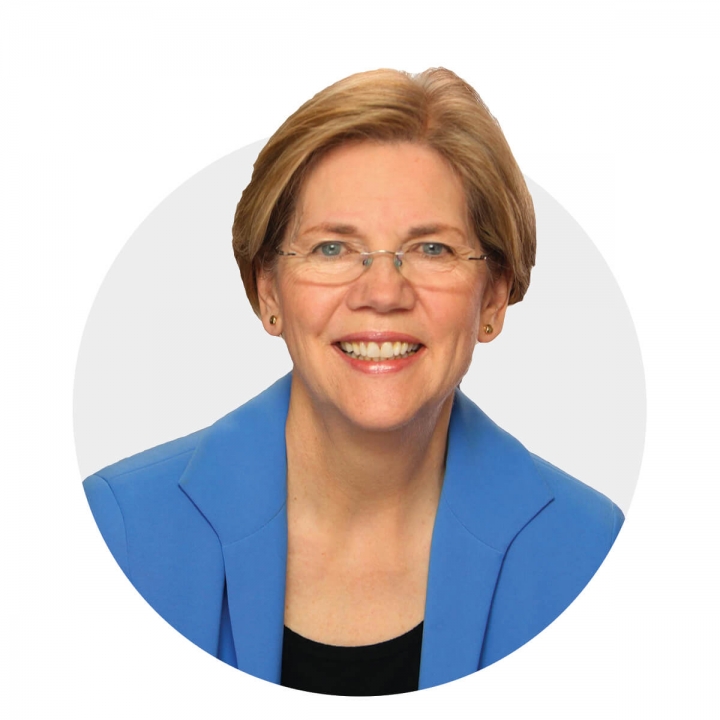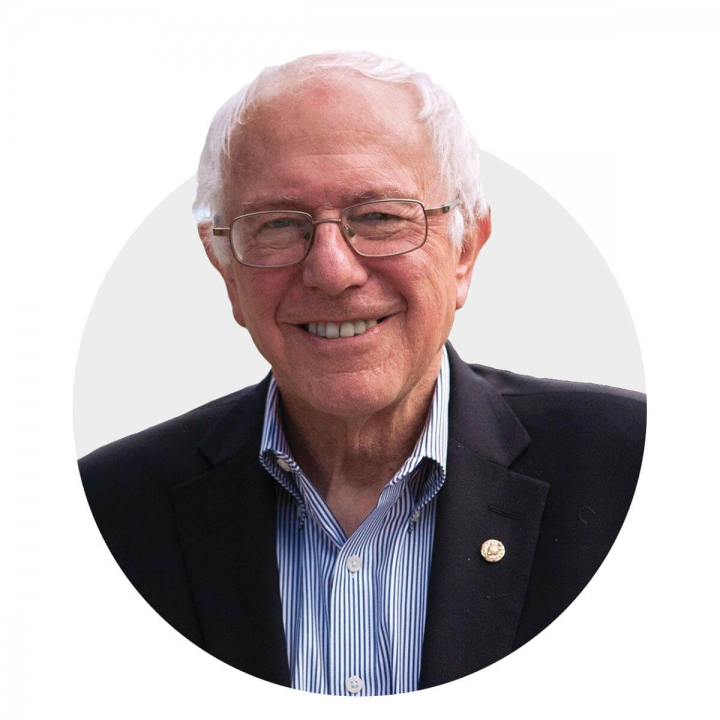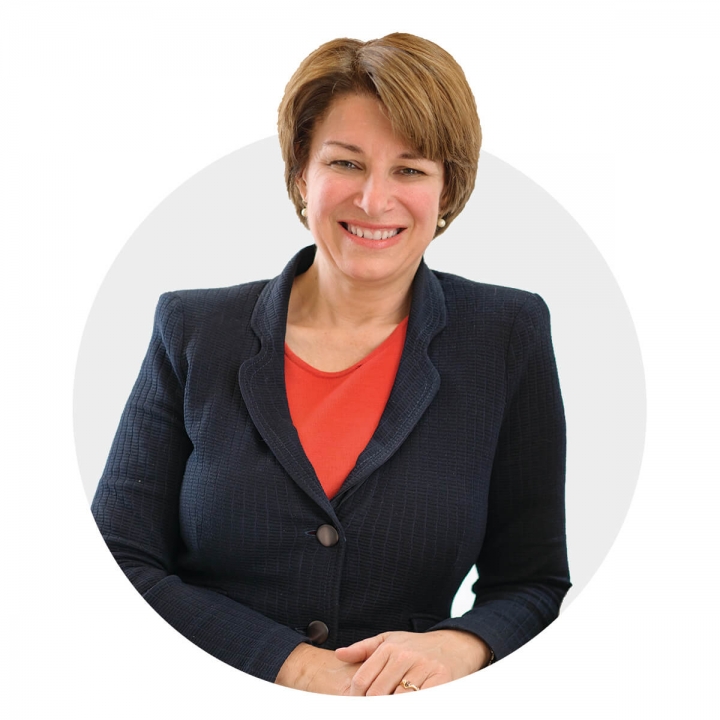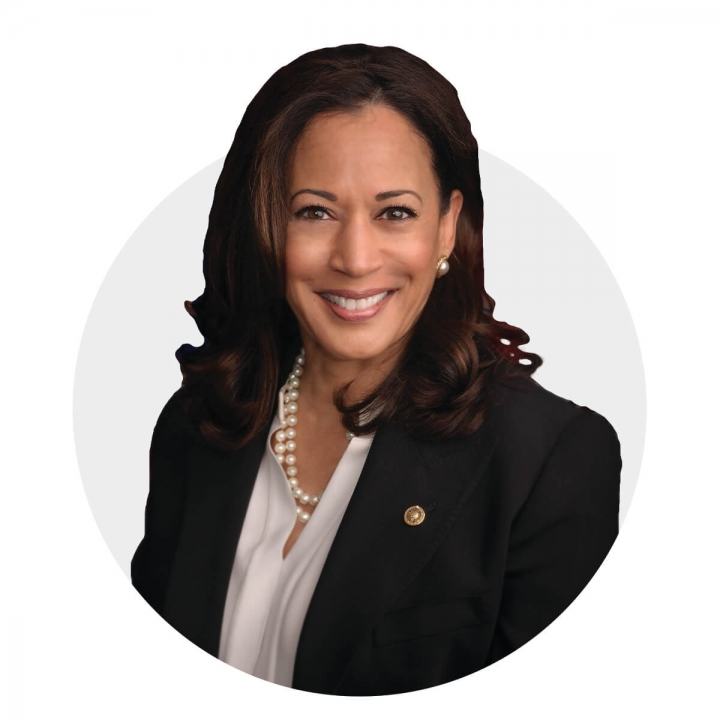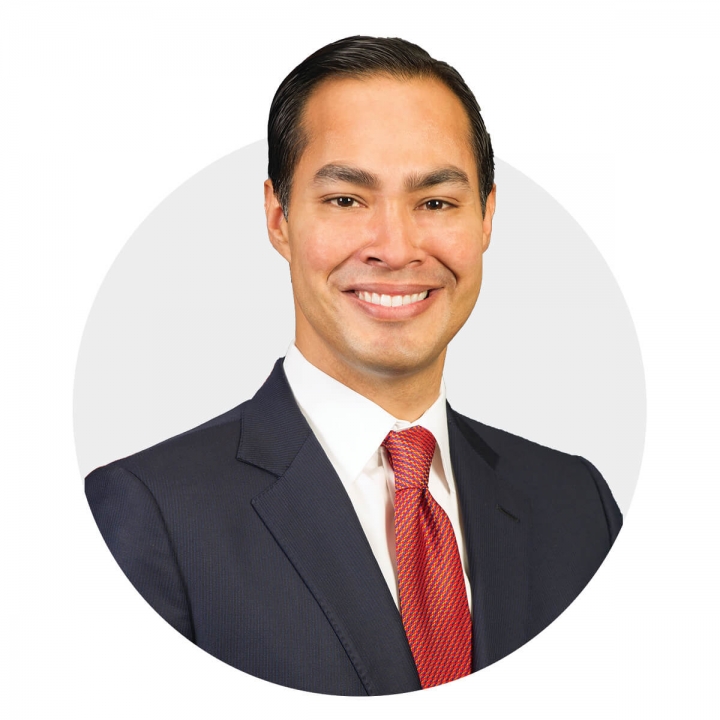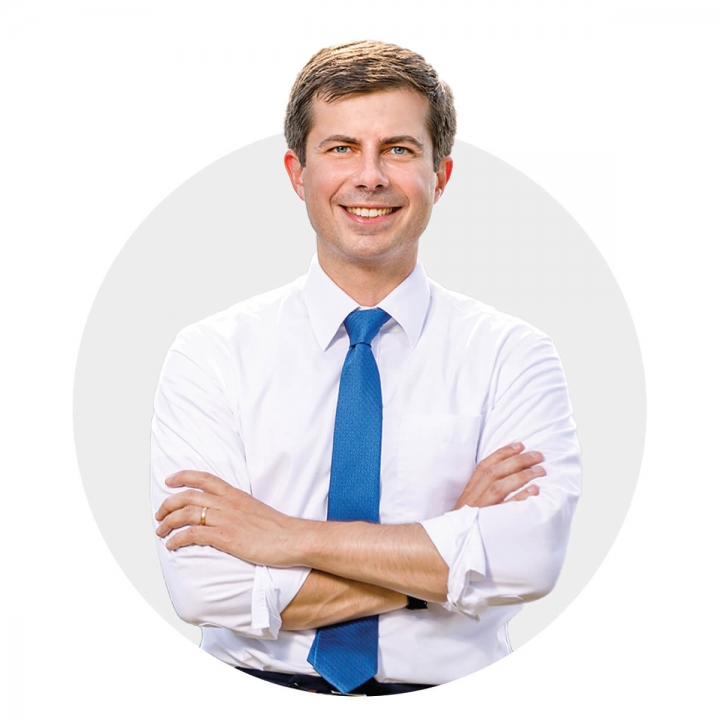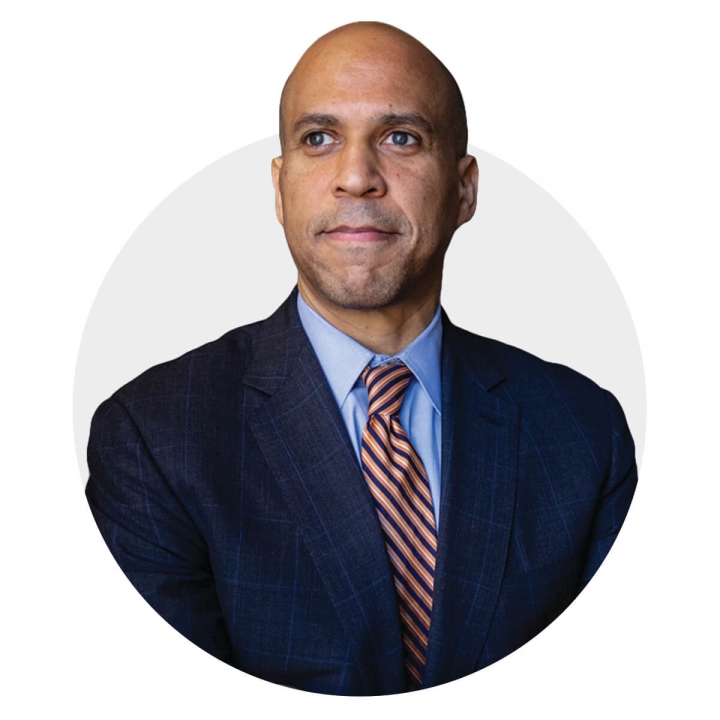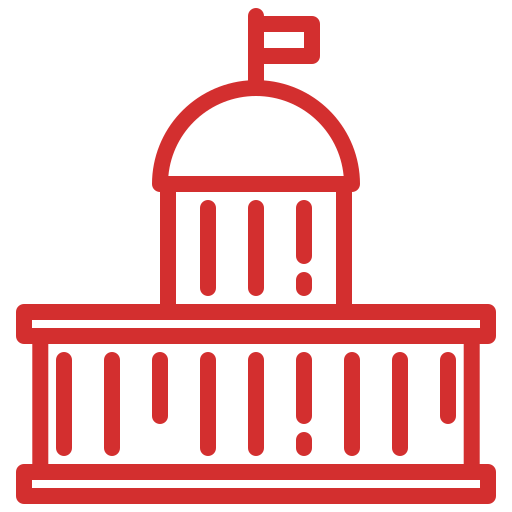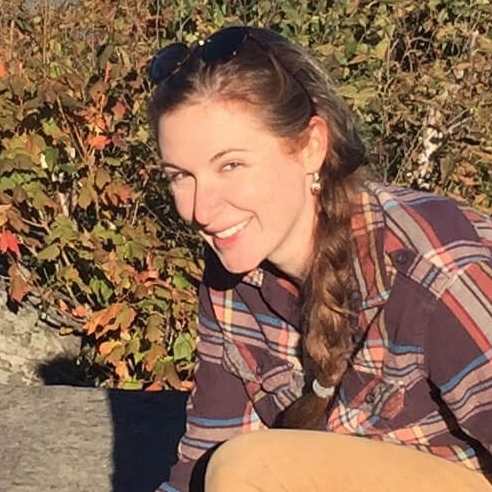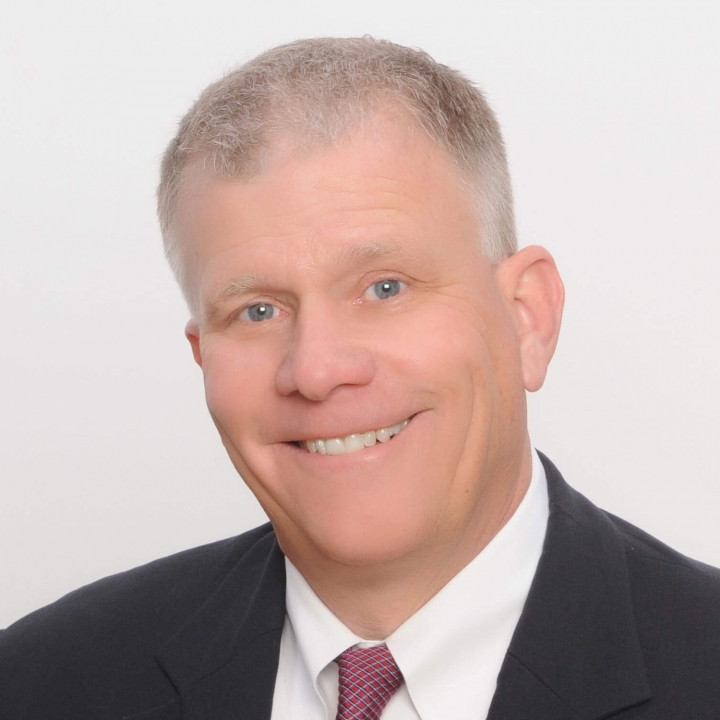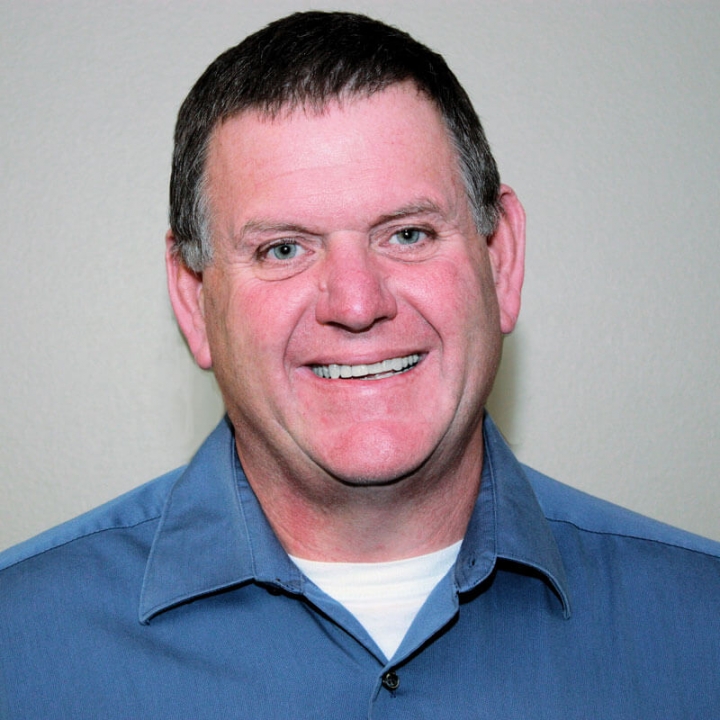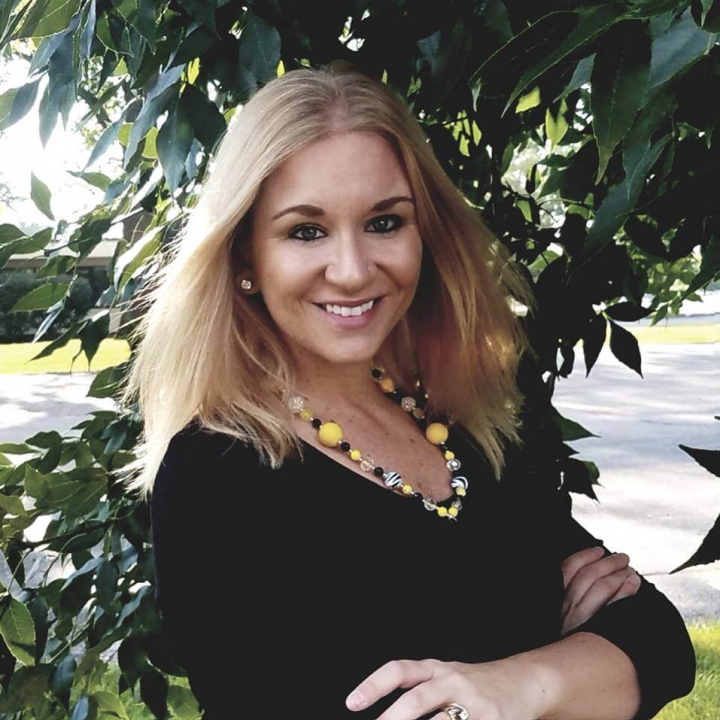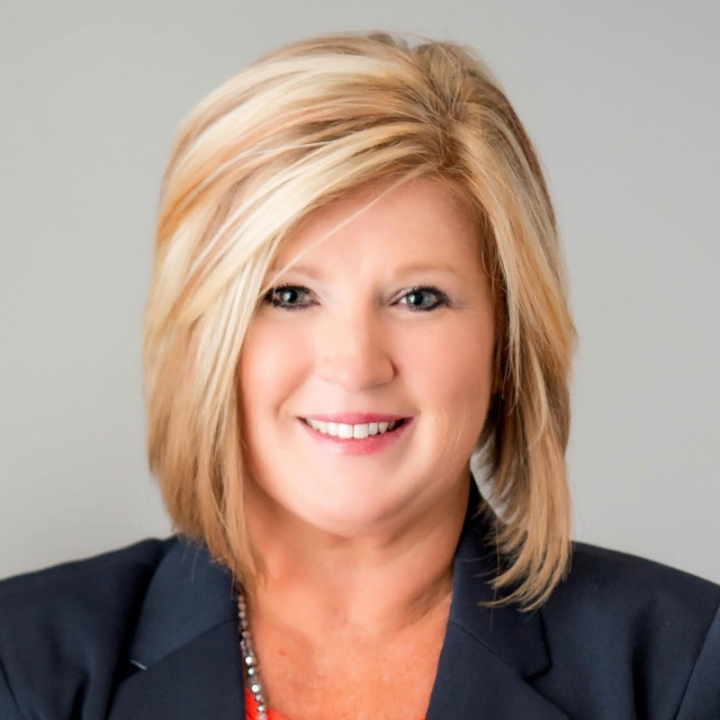HIV Getting to Zero
Many leaders around the world are calling for the elimination of new HIV infections, via the elimination of HIV transmission. From global health organizations to President Donald Trump, this goal has been uplifted by many and has become a priority for U.S. public health efforts. But “Getting to Zero” will take sustained effort, ongoing leadership, commitment of extensive resources, and the prioritization of effective, evidence-based interventions.
HIV continues to be a major public health crisis in the U.S. with almost 40,000 new cases each year, compounded by the syndemics of opioid use, viral hepatitis, sexually transmitted infections (STIs), and tuberculosis (TB). While the more than 1.2 million people living with HIV in the U.S. reside in every congressional district, State, and territory, new cases of HIV and HIV/AIDS-related deaths are increasingly concentrated in communities of color, among members of the LGBTQ community, and in the Southern states. While communities across the U.S. have already begun taking concrete steps to end their state and local HIV epidemics, ending the HIV epidemic across the country will require increased Federal commitment and the concerted and coordinated efforts of community-based organizations, state and local governments, people living with and vulnerable to HIV, communities, clinicians, and service providers.
The United States now has the tools and ability to end the HIV epidemic at home. Over 250 organizations have called on the U.S. government to officially declare that it is our goal to end the HIV epidemic in the United States by 2025 and enact legislative and regulatory changes to achieve this goal.
We can change the trajectory of the U.S. HIV epidemic by setting and meeting the ambitious but achievable goal of reaching a 95/95/95 framework for HIV care (95% of people living with HIV are aware of their HIV status, 95% of diagnosed individuals are retained in care, and 95% of individuals on antiretroviral therapy virally suppressed), significantly increasing access to combination prevention for people who are HIV negative, and taking concrete action to ensure that no population or region is left behind.
But we must bring all available treatment and prevention tools to scale now to have the necessary impact on the epidemic. Failure to act swiftly at the required scale and across all affected communities and populations will result in more HIV transmissions, more HIV-related morbidity and mortality, continued health inequities, and increased health care costs.
Through the joint effort of community, all levels of government, and industry, we can harness the progress made over the last three decades to achieve a once unthinkable goal.
Tulsi Gabbard on HIV Getting to Zero
Gabbard has not yet completed a survey about HIV policy issued by AIDS United, nor issued specific statements to this issue.
Read More
2020 Presidential Candidate HIV Questionnaire
AIDS United, 2019
Beto O’Rourke on HIV Getting to Zero
O'Rourke promises to ensure that health insurance and health care includes access to HIV prevention and treatment by fully enforcing the nondiscrimination protections in the ACA and by including protections in any new system of universal health insurance.
O'Rourke advocates ensuring that people in prison can get HIV treatment.
O'Rourke advocates for “Medicare for America” plan
O'Rourke Promises to stop price gouging by drug companies so that treatments like PreP are accessible.
O'Rourke will continue to support federal research funding, and the Ryan White HIV/AIDS Program and similar programs extending care to underserved populations.
Read More
2020 Presidential Candidate HIV Questionnaire
AIDS United, 2019
Every 2020 Democratic Candidate’s Plan to End the HIV/AIDS Epidemic
Lifehacker, September 11, 2019 | Josh Ocampo
Beto O’Rourke Explains his Positions on HIV
HIV+ Magazine, September 9 2019 | Jacob Anderson-Minshall
Watch: Beto talks syringe exchange at the Iowa Harm Reduction Coalition
October 24, 2019
Beto’s Plan to Address Substance Use Disorders and the Opioid Epidemic
Medium | October 24, 2019 | Beto O’Rourke
Andrew Yang On HIV Getting to Zero
Yang has not issued specific statements to this issue.
Yang did not provide a response to the 2019 AIDS United HIV Policy Survey.
Read More
2020 Presidential Candidate HIV Questionnaire
AIDS United, 2019
BREAKING: 2020 Presidential Candidates Tell Us Their Plans to End HIV
HIV+Magazine, September 9, 2019 | Jacob Anderson-Minshall
Elizabeth Warren on HIV Getting to Zero
Warren supports Medicare for all.
Warren pledges to expand HIV research and treatment.
Warren would work to ensure comprehensive, inclusive reproductive and sexual health education and services.
Warren’s proposed Affordable Drug Manufacturing Act would allow the U.S. Department of Health and Human Services to manufacture generic drugs when no company is manufacturing a drug, or when fewer than three companies are manufacturing the drug and the price of the drug has spiked, there is a shortage of the drug, or the drug is a WHO essential medicine that fewer than three companies are manufacturing with a price that prevents patients from getting it. In her first year as president, Warren would move to publicly manufacture PrEP in order to make it more affordable.
Warren would pressure prescription drug companies to lower HIV medication prices.
Warren would overturn HIV-status criminalization and discrimination laws and regulations.
Warren would pass the Repeal Existing Polices that Encourage and Allow Legal HIV Discrimination Act, which aims to identify federal state laws and regulations that discriminate against and criminalize people living with HIV.
Warren would work to increase funding for federal HIV/AIDS programs and research, such as the Ryan White Program, including the Minority HIV/AIDS initiative, and HIV/AIDS treatment and cure research at the National Institutes of Health.
“This is appalling [in reference to a news story titled “‘Rick Scott had us on lockdown.’: how Florida said no to $70m for HIV crisis”]. We must use every tool at our disposal to end the HIV epidemic. That means funding research, reducing transmission rates, and ensuring that those living with HIV get the care that they need.”
BREAKING: 2020 Presidential Candidates Tell Us Their Plans to End HIV
HIV+Magazine, September 9, 2019 | Jacob Anderson-Minshall
“There is no single answer to ending this epidemic — we must use every tool at our disposal. That includes Medicare for All, expanding HIV research and treatment, ensuring everyone has access to PrEP and HIV testing, holding drug companies accountable and lowering drug prices, ending the opioid crisis, ensuring that community health centers receive robust funding, and reinstating our position as global leader in public health. It also means expanding economic opportunities, tackling the housing crisis, banning private prisons and exploitative contractors, overturning HIV-status criminalization and discrimination laws and regulations, and ensuring comprehensive, inclusive reproductive and sexual health education and services.”
BREAKING: 2020 Presidential Candidates Tell Us Their Plans to End HIV
HIV+Magazine, September 9, 2019 | Jacob Anderson-Minshall
Read More
BREAKING: 2020 Presidential Candidates Tell Us Their Plans to End HIV
HIV+Magazine, September 9, 2019 | Jacob Anderson-Minshall
Bernie Sanders on HIV Getting to Zero
Sanders would create an HIV/AIDS Task Force composed of people with HIV/AIDS to develop recommendations on ending the HIV epidemic.
Sanders would end HIV-specific criminalization laws.
Sanders would create a "multi-billion dollar Prize Fund" for HIV/AIDS researchers. "Essentially, a company bringing a truly innovative HIV/AIDS treatment to market would receive a cash prize instead of patent protection; the treatment would then be placed in the public domain, allowing generic versions to come onto the market quickly."
“We must set a national goal of ending the HIV epidemic in the U.S. by the year 2025 so that HIV is no longer a public health threat to any community in the U.S. and that people with HIV are able to live long, healthy lives.”
Read More
2020 Presidential Candidate HIV Questionnaire
AIDS United, 2019
BREAKING: 2020 Presidential Candidates Tell Us Their Plans to End HIV
HIV+Magazine, September 9, 2019 | Jacob Anderson-Minshall
Amy Klobuchar on HIV Getting to Zero
Klobuchar has not yet completed a survey about HIV policy issued by AIDS United
2020 Presidential Candidate HIV Questionnaire
AIDS United, 2019
Klobuchar supports increasing competition and regulation of pharmaceutical companies in order to improve the availability of affordable HIV medications.
Klobuchar supported increased funding for Housing Opportunities for Persons with HIV/AIDS as Senator for Minnesota.
Klobuchar pledges that within the first 100 days of her presidency, she will allow for the safe importation of prescription drugs from other countries to decrease drug costs and would crack down on drug companies that pay makers of generic drugs to delay cheaper versions from getting into the market.
My solutions are these: first of all, make sure that [the] HIV community can get the drugs that they need, and that means the PrEP drug, and that means a whole bunch of other things to take on pharmaceutical companies to make drugs more affordable, including PrEP. The second thing is to make sure we keep in place the protections of the Affordable Care Act so we don’t kick people off their insurance for pre-existing conditions… The third thing that I would do is look to general social issues like homelessness, and things we need to do a much better job of… And finally, it’s the stigma issue.”
Klobuchar calls out big pharma to lower HIV drug costs
CNN, October 11, 2019 | Don Lemon
Read More
BREAKING: 2020 Presidential Candidates Tell Us Their Plans to End HIV
HIV+Magazine, September 9, 2019 | Jacob Anderson-Minshall
2020 Presidential Candidate HIV Questionnaire
AIDS United, 2019
Senator Amy Klobuchar Releases Plan of More Than 100 Actions for Her First 100 Days as President
Medium, June 18, 2019 | Amy for America
Kamala Harris on HIV Getting to Zero
Harris supports Medicare for All
Harris supports increasing federal funding for HIV research
Harris would push for the passage of the PrEP Access and Coverage Act, which she introduced in July 2019. This bill would require public and private health insurers to cover PrEP.
“Ensuring that PrEP, as well as the required tests and follow-up visits, are covered cost-free as part of all insurance plans (including Medicare and Medicaid) will help make sure everyone who could benefit from the medication is able to take it and help increase awareness about steps we can take to prevent further transmissions.”
BREAKING: 2020 Presidential Candidates Tell Us Their Plans to End HIV
HIV+Magazine, September 9, 2019 | Jacob Anderson-Minshall
Read More
2020 Presidential Candidate HIV Questionnaire
AIDS United, 2019
Every 2020 Democratic Candidate’s Plan to End the HIV/AIDS Epidemic
Lifehacker, September 11, 2019 | Josh Ocampo
BREAKING: 2020 Presidential Candidates Tell Us Their Plans to End HIV
HIV+Magazine, September 9, 2019 | Jacob Anderson-Minshall
S. 1926 Prep access and Coverage Act
Congress Website, June 2019 | Kamala Harris
Julián Castro on HIV Getting to Zero
Castro has not yet completed a 2019 survey issued by AIDS United regarding HIV policy.
2020 Presidential Candidate HIV Questionnaire
AIDS United, 2019
“It’s #HIVPreventionDay. People of color are dealing with HIV at disproportionate rates. To #EndTheEpidemic we need to keep TaSP and PrEP affordable, improve sex ed & increase access to testing. And importantly, it’s time to end the stigma around HIV+ status. #UequalsU”
Julian Castro
Twitter, July 17, 2019
Read More
2020 Presidential Candidate HIV Questionnaire
AIDS United, 2019
BREAKING: 2020 Presidential Candidates Tell Us Their Plans to End HIV
HIV+Magazine, September 9, 2019 | Jacob Anderson-Minshall
Pete Buttigieg on HIV Getting to Zero
Buttigieg would "revitalize" the Office of National AIDS Policy, which works to reduce and spread awareness of the HIV/AIDS epidemic across the U.S. (Since January 2017, President Trump has failed to appoint a new director of ONAP after its previous director, Amy Lansky, left that month. Several other staff members have resigned.
Buttigieg does not support universal health care, and says he instead, would "strengthen the Affordable Care Act."
Buttigieg would re-establish the White House Office of National AIDS Policy.
Buttigieg would expand access to HIV testing in clinical and non-clinical settings and would fully fund the Ryan White HIV/AIDS program.
Buttigieg would pursue aggressive price negotiations against any pharmaceutical companies refusing to sell PrEP at an affordable rate. If this failed, he would “consider” exercising eminent domain on PrEP-related patents.
Buttigieg would guarantee funding to expand access to condoms and HIV prevention programs.
Buttigieg would guarantee funding to expand access to condoms and HIV prevention programs.
Buttigieg would expand funding for programs like PEPFAR and the Global Fund which prioritize vulnerable populations in its effort to prevent HIV/AIDS transmission.
Buttigieg’s ONAP strategy would restore civil rights protections for those with HIV in health care settings, "address the stigma" for those who face challenges in obtaining preventative and general care for HIV, and provide access to PrEP for those determined "at risk" by ensuring that all costs are covered by insurance plans. Alternatively, if this fails, his administration would "take over" drug company patents and lower prices.
Buttiegieg promises to “end the HIV/AIDS epidemic” by 2030.
Buttigieg, in his first six months in office, would update the National HIV/AIDS strategy to ensure that undetectable means untransmittable and would ensure universal access to PrEP.
Buttigieg promises to ensure access to PrEP for everyone who needs it through his Medicare for All Who Want It plan. He would require all insurance plans to cover PrEP and related screening and monitoring services without cost sharing and would provide federal funding to ensure access to PrEP drugs and related services for those who are un- or underinsured.
Buttigeig would commit to restoring funding for domestic HIV/AIDS research.
Buttigieg would decriminalize HIV transmission, and would restore the Affordable Care Act’s civil rights protections to everyone at risk for HIV.
Buttigieg would decriminalize HIV transmission, and would restore the Affordable Care Act’s civil rights protections to everyone at risk for HIV.
“We cannot think about ending the AIDS epidemic without addressing directly the substance use disorder (SUD) epidemic in the United States. While opioids have fueled the immediate epidemic of overdose deaths and new HIV infections as a result of needle sharing, we should treat this as a SUD epidemic — whether through opioids, fentanyl or methamphetamine. The HIV outbreak in Scott County, IN was just the tip of the iceberg in terms of communities at risk. I saw at close range the price that is paid by not having comprehensive harm reduction and SUD treatment services.”
2020 Presidential Candidate Questionnaire
AIDS United, 2019 | Pete Buttigieg
Read More
Every 2020 Democratic Candidate’s Plan to End the HIV/AIDS Epidemic
Lifehacker, September 11, 2019
Josh Ocampo
Four Things an HIV Policy Survey Reveals About 2020 Candidates’ Harm Reduction Positions
Filter, September 10, 2019
2020 Presidential Candidate Questionnaire
AIDS United | Pete Buttigieg
Becoming Whole: A New Era for LGBTQ+ Americans
Pete Buttigieg, 2019
Cory Booker on HIV Getting to Zero
Booker pledges to “beat the [HIV] epidemic.”
Booker would remove barriers to accessing PrEP.
Booker pledges to halt all administration attacks on the Affordable Care Act and on Medicaid.
Booker plans to protect and fully implement programs that are important for those living with HIV and for preventing HIV, including the Ryan White AIDS program and the 340B program.
Booker would increase funding for HIV care and prevention.
Booker would work to pass comprehensive sex education legislation.
Booker promises HIV care will benefit by improved access to health coverage through his Medicare for All plan.
Booker would immediately fill vacancies on the Presidential Advisory Council on HIV/AIDS and seek advice and recommendations from the council on strategies for prevention, treatment, and research for HIV. When appointing members of the council, he pledges to seek leaders who would center the needs of communities that are disproportionately impacted by HIV, including LGBTQ+ communities and communities of color.
“We need to continue supporting evidence-based programs that we know work, which is why I support increasing our investments into the Ryan White Program and for networks of people living with HIV that provide peer support and combat stigma.”
Cory Booker Explains His HIV Policy Ideas
HIV+Magazine, September 9, 2019 | Jacob Anderson-Minshall
Read More
Corey Booker Explains His HIV Policy Ideas
HIV+Magazine, September 9, 2019 | Jacob Anderson-Minshall
2020 Presidential Candidate HIV Questionnaire
AIDS United, 2019

